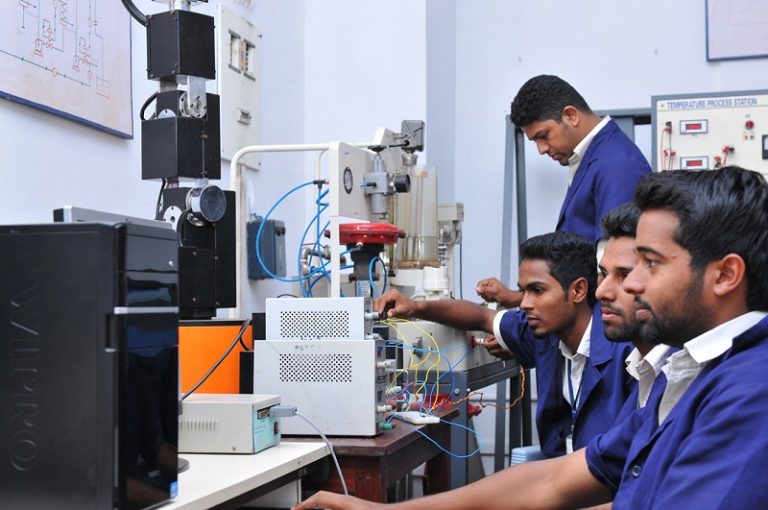If you are interested in pursuing a career as an engineer and have an interest in working with machines, then obtaining an instrument technology degree will help you establish a career in this field. Electronics and instrumentation engineering monitors the designing, manufacturing, and operating of measuring instruments used in several industries. It is important to note that this is a specific course that acts as a bridge between instrumentation and electronic technology.
Vital Elements of Electronics and Instrumentation Engineering
There are certain subjects that are fundamental to electronics and instrumentation engineering. Some of the key aspects of the instrument technology degree course are:
Physics and Mathematics in Electronics and Instrumentation Engineering – to have a basic idea of how a device works, one must understand the physics behind it and how the calculations of the same device function. Hence a basic idea about calculus and physics is crucial, and one should be interested in these subjects.
Basics of Electronics in Electronics and Instrumentation Engineering – to design and work on machines and other heavy devices, one should have a knowledge of how various circuits work and the theory behind electrical energy and its conversion. Electronics functions act as the foundation of this course.
Industrial Instrumentation in Electronics and Instrumentation Engineering – Industrial instrumentation includes controlling, fluid pressure, temperature, devising of all physical quantities of industrial equipment, utilizing and working with units like the voltage, and other such as physical measurements and units.
Computer Programming in Electronics and Instrumentation Engineering – Computer programming is one of the critical elements of this course because it engages with instruments and electronic devices. Basic understanding of computer programming and computer languages becomes a necessity to explore the functions of various instruments and devices.
Job Prospects after Electronics and Instrumentation Engineering
With the instrument technology degree course plan and a diverse curriculum, this course prepares one to face the industry’s day-to-day challenges. A degree in electronics and instrumentation engineering also comes with plenty of career opportunities, some of the job roles you can consider are:
- Instrument Engineer – An instrument engineer designs and manages machines used in highly technical fields. Heavy industries and steel companies need instrument engineers to take care of the machinery.
- Automation Engineer – An automation engineer takes care of the equipment and ensures the industry’s enhanced mechanical efficiency. Automation Engineering mostly needs supervising of instruments in heavy industries.
- Process analyzers – A process analyst gathers data and increases the quality of business and handles the theoretical and statistical part of this field. The collection of physical data and analyzing it to improve the industry’s productivity is one of the prime tasks of this job. One also requires to have management skills to excel in this field.

